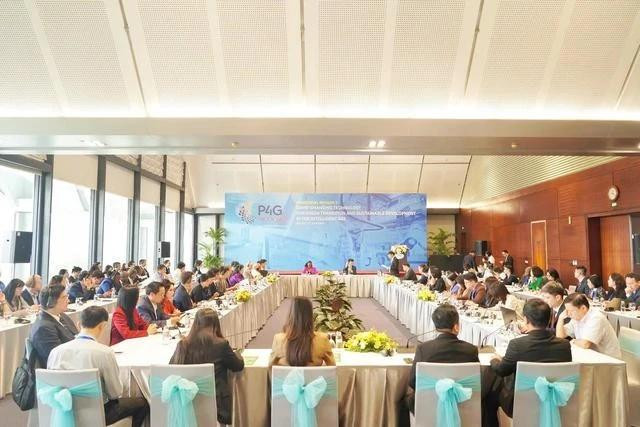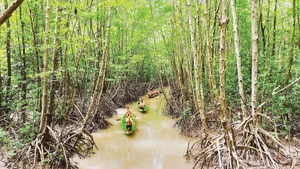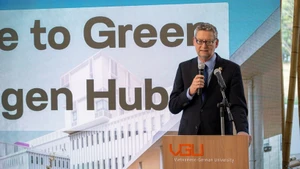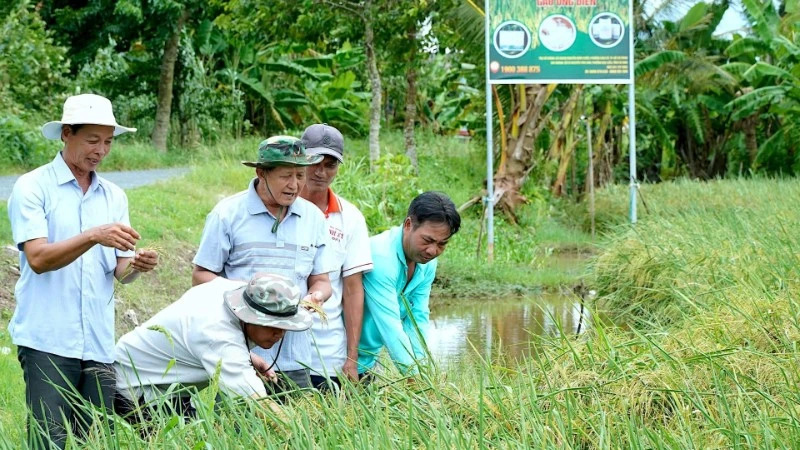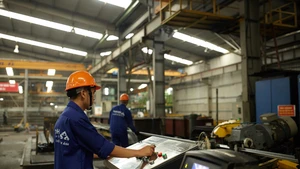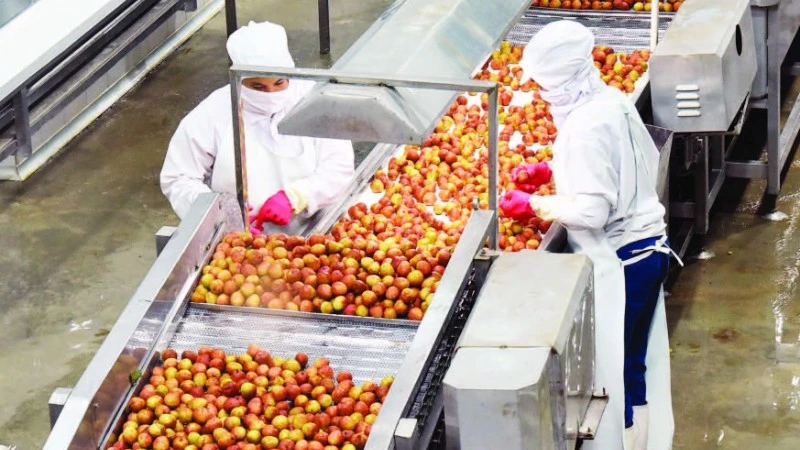Addressing the session, Fatou Haidara, Deputy Director-General of the United Nations Industrial Development Organization (UNIDO), noted that UNIDO has been a key partner in advancing technology-driven green transition on a global scale. The organisation is currently implementing a portfolio of technical cooperation projects worth 13 million USD in Vietnam. They are designed to contribute to the country’s sustainable economic growth. In partnership with the Vietnamese Government, UNIDO is developing a tailored national programme aligned with the nation’s growth vision, placing emphasis on green transition, digitalisation, and innovation in manufacturing, Haidara said.
Katsume Yasushi, Japanese Parliamentary Vice-Minister of the Environment, introduced a number of technologies developed in Japan to improve living environments and sanitation, including waste-to-energy systems and Johkasou – a wastewater treatment system for households.
In Vietnam, a large-scale waste-to-energy facility using Japanese technology has been established in the northern province of Bac Ninh. Additionally, a Johkasou system has been installed in Ha Long Bay, the northern coastal province of Quang Ninh, through Japanese non-refundable aid and support from the Japan International Cooperation Agency (JICA), contributing to improved water quality, landscape conservation, and tourism development.
Katsume added that under the ASEAN-Japan Resource Circulation Partnerships on E-Waste and Critical Minerals, Japan is supporting the development of legal frameworks and capacity-building initiatives related to e-waste. Japan hopes to build a global circular system for precious metals, reducing greenhouse gas emissions, curbing pollution, and fostering industry growth in each partner country.
Alejandro Dorado, Commissioner for the Circular Economy of Spain’s Ministry for Ecological Transition and the Demographic Challenge, stressed that technology and the green transition are inherently intertwined. He called for the integration of technological advances in sectors such as renewable energy and hydrogen, alongside eco-innovation, to produce lower-emission products and expand recycling processes for a greener economy.
However, the official cautioned against the potential downsides of technology misuse. He urged nations to learn from past mistakes to avoid unsustainable development paths, minimise resource overconsumption, and invest in nature-friendly technologies. Public-private partnerships and financial instruments should be mobilised to support inclusive and resilient green growth, he added.
